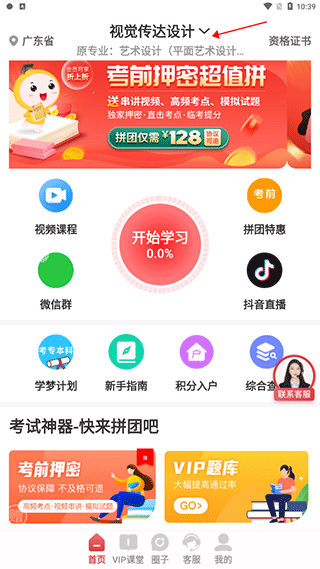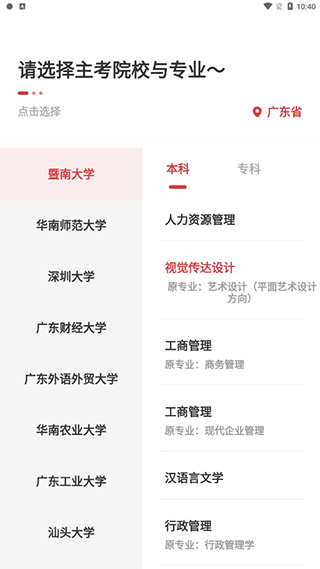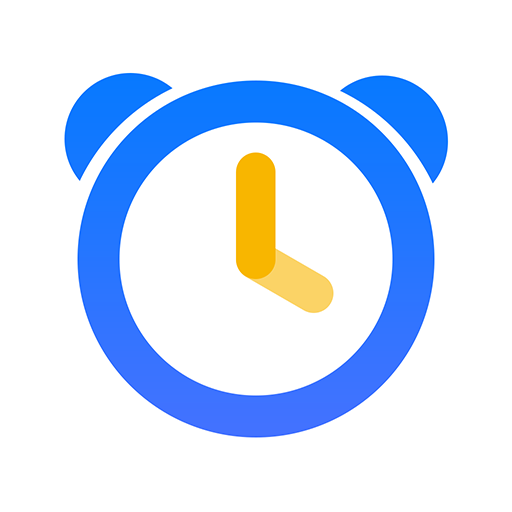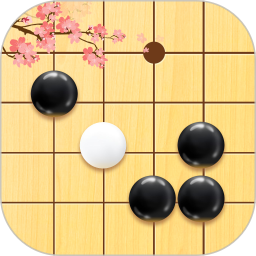
自考笔果题库app下载
温馨提示:安卓版本请直接下载,IOS版本会跳转到官网下载
自考笔果题库app简介




自考笔果题库app is a specialized exam preparation software designed for self-study examination candidates. It offers over 1,000+ past exam questions across various courses, complete with answer explanations. It is a valuable aid for self-study examination preparation, having served over a million candidates in achieving their academic qualifications. The app also features a wealth of professional teachers who provide insightful knowledge explanations, practical problem-solving techniques, and real-time online Q&A sessions. Users can engage in self-study or learn alongside video instructors. They can join live classrooms for interactive learning, and quickly pose any difficulties they encounter, which are addressed promptly.
In addition, the自考笔果题库app provides various engaging practice modes, including真题训练 and 模拟训练, allowing users to easily memorize key points through quiz sessions. Users can also choose learning methods that suit them best to achieve better learning outcomes and effortlessly pass the exams.
Software Features
Targeted Practice: Break down each question type, including multiple-choice, true/false, and essay questions.
Past Exam Questions: To understand what may be on this year's exam, look back at previous years' questions.
Chapter-Based Training: Reinforce key points, important topics, and difficult concepts to score higher on exams.
Pre-Exam Tips: A valuable resource for the final preparation, offering insights and tips to help you succeed.
Community Updates: Share learning experiences and methods for mutual growth and success.
Video Courses: Comprehensive video lectures allow for repeated viewing and review of class material.
Live Classes: Access mobile classrooms to learn and interact with teachers anytime, anywhere.
How to Change Majors on自考笔果题库app
1. After logging in, click on the major at the top of the homepage.

2. You can then switch schools and majors at your convenience.

Is自考笔果题库app's Predictive Testing Accurate?
The自考笔果 predictive testing is indeed accurate. Self-study examination questions often follow certain patterns, making it possible to predict a few question types. However, predicting all questions accurately is highly unlikely.
I. Basis of Question Setting
1. Question setting based on the examination plan:
Examination plans outline all the subjects required for a particular major. For example, the administrative management major does not include advanced mathematics. Therefore, this subject will not appear in the self-study examination process. If examination plans change, candidates must stay informed about the latest updates.
2. Question setting based on the examination syllabus:
While the first method is fundamental, the second is the key to question setting. This refers to the syllabus for each subject. The self-study syllabus is an official document that directly guides question setting. In simple terms, if a topic is in the syllabus and appears on the exam, it's considered normal; if a topic is not in the syllabus but appears on the exam, it's considered out of scope; if a topic is in the syllabus but not on the exam, it's not necessary to study it.
II. Self-study Examination Methods and Question Setting
Higher education self-study examinations consist of two parts: theoretical examination and practical assessment. The theoretical examination is conducted in written form, while practical assessment includes thesis defense and practical operation.
1. Nationally unified question setting:
This is organized by the national self-study examination and affiliated question setting centers. The knowledge tested is relatively general, and such question types are relatively difficult, often appearing as the last major question type.
2. Regional collaborative question setting:
This method involves joint question setting by various provinces and cities, which is closer to the examination syllabus of each province and city. It is slightly easier than the nationally unified question setting. However, due to the different question setting characteristics of each region and province, some question types may be unfamiliar to candidates. Such question types are mostly multiple-choice and fill-in-the-blank questions, with varying levels of difficulty; each type is relatively novel.
3. Provincial question setting:
This is organized by each province and autonomous region, with relatively simple question types that are closer to those candidates usually encounter. These types are also candidates' scoring questions, often including multiple-choice and term explanations.
Software Characteristics
1. Practice Records: Cloud storage of favorite marks, incorrect question records, and practice history for efficient and convenient review and score improvement.
2. Past Exam Questions: A selection of past exam questions with automatic scoring and rapid updates.
3. Pre-Exam Predictions: Based on past exam question patterns and popular topics, predictive testing helps assess exam preparation and personal test-taking ability.
4. Chapter-Based Practice: Carefully compiled according to textbook chapters, with detailed explanations of each question based on textbooks and related laws and regulations.
5. Learning Analysis: Records and analyzes your learning trajectory to help assess your chances of passing the exam.
Software Advantages
1. Question Quantity Advantage: A vast question bank covering various self-study major topics.
2. Update Advantage: The question bank is constantly updated and improved to ensure candidates can study with ease.
3. Community Groups: A platform for candidates to learn from and support each other.
Update Log
v6.9.2 Version
1. Optimized some models for smoother usage.
2. Updated the question bank with more questions for learning.

























